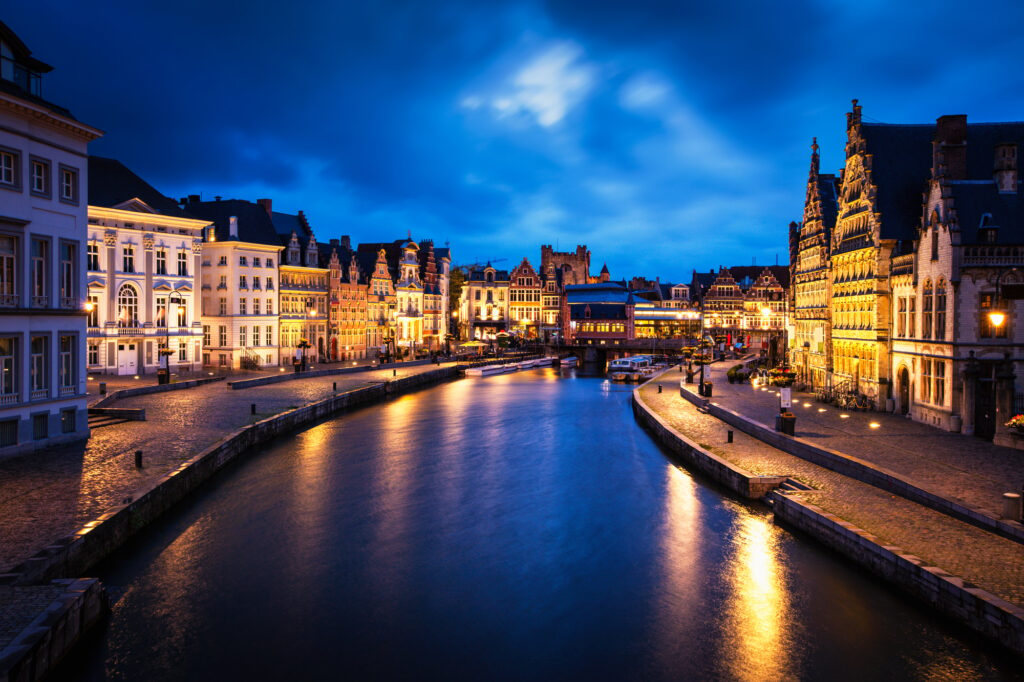Key Takeaways:
- Belgium approved 45,538 citizenships in the first nine months of 2024, a record-breaking number not seen in over two decades.
- This surge is closely linked to the 2015-2016 migration crisis, with refugees from Syria, Afghanistan, and other countries now meeting naturalization requirements.
- The demographic shift highlights Belgium’s evolving multicultural identity and the challenges of long-term integration.
Belgium is at the center of a transformative moment, setting a record for the number of citizenships granted in over 20 years. During the first nine months of 2024, 45,538 individuals received Belgian citizenship—a 9% increase from the same period in 2023. This remarkable milestone represents not just a numerical shift but also a profound evolution in Belgium’s demographic and cultural landscape.
The Numbers Behind the Record
Belgium’s citizenship approvals in 2024 have reached levels not seen since the early 2000s, a period when expedited naturalization laws were introduced. The current surge, however, reflects a different story—one tied to long-term migration trends and the integration of refugees who arrived during the 2015-2016 migration crisis.
The top countries of origin for newly naturalized citizens are:
- Morocco
- Syria
- Romania
- Afghanistan
- Turkey
Interestingly, there has also been a significant rise in citizenship approvals among Palestinians, marking a new chapter in Belgium’s history of migration.
The Impact of the 2015-2016 Migration Crisis
Migration experts point to the 2015-2016 influx of refugees as a major driver of this trend. During that period, Belgium, along with other European countries, saw a dramatic increase in asylum applications, primarily from war-torn nations like Syria and Afghanistan. Many of these refugees have now met the legal residency requirements for naturalization, which typically range between five to ten years, depending on individual circumstances.
This surge in naturalizations illustrates how Belgium’s policies, aimed at offering refuge to those in need, are now shaping the country’s social fabric. Refugees who arrived seeking safety are becoming full-fledged citizens, contributing to Belgian society in various ways—from economic participation to cultural enrichment.
A Multicultural Society in Transition
Belgium’s growing multicultural identity is both a strength and a challenge. The record number of new citizens reflects the country’s commitment to integration and inclusion. Many of these individuals have worked hard to establish themselves in Belgium, often overcoming significant obstacles such as language barriers, cultural adaptation, and economic hardships.
However, the rapid increase in naturalizations also raises questions about the effectiveness of Belgium’s integration policies. Ensuring that new citizens have access to education, employment, and social services is crucial for their successful inclusion in society. Moreover, fostering mutual understanding between long-term residents and newcomers remains an ongoing task.
What This Means for Belgium
This demographic shift has far-reaching implications. On one hand, it strengthens Belgium’s labor market by bringing in a younger, more diverse workforce. Migrants often fill critical roles in healthcare, construction, and other sectors facing labor shortages. On the other hand, it challenges the nation to address xenophobia and cultural tensions that sometimes arise in the wake of demographic change.
The rise in citizenship approvals also positions Belgium as a leader in Europe’s response to migration. While some nations have tightened their naturalization processes, Belgium’s approach underscores its recognition of the value migrants bring to its society.
My Perspective
In my opinion, Belgium’s record-breaking naturalization numbers are a testament to the resilience of migrants and the nation’s openness to change. Granting citizenship is more than a legal process—it’s an affirmation of belonging, a signal that these individuals are no longer outsiders but integral members of the community.
At the same time, this milestone should prompt Belgium to double down on its integration efforts. Citizenship is a critical step, but true inclusion requires continued investment in education, housing, and job opportunities. Only by addressing these systemic needs can Belgium ensure that its multicultural society thrives.
Looking Forward
The surge in citizenship approvals marks a pivotal moment in Belgium’s history. It reflects not just the outcomes of past migration waves but also the potential for a more inclusive future. As these new citizens embark on their journeys within Belgium, they will undoubtedly leave an indelible mark on the nation’s evolving identity.
The story of Belgium’s demographic transformation is far from over. It’s a story of hope, resilience, and the power of human connection—a story that reminds us that every new citizen brings with them a world of possibilities.










